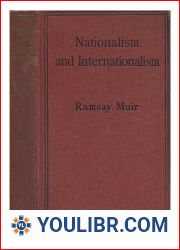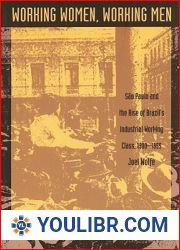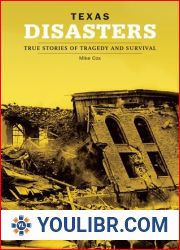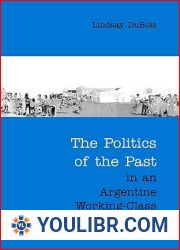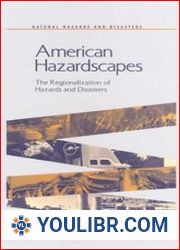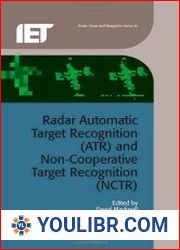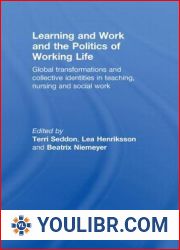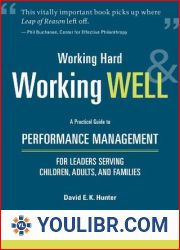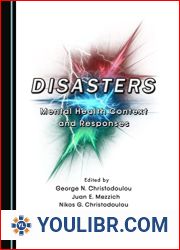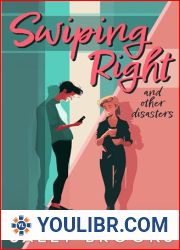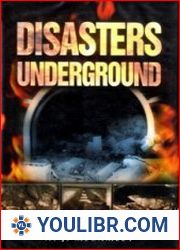
BOOKS - Working Disasters: The Politics of Recognition and Response (Work, Health and...

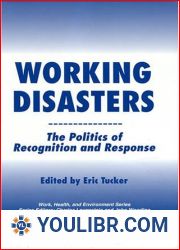
US $6.86

753724

753724
Working Disasters: The Politics of Recognition and Response (Work, Health and Environment Series)
Author: Eric Tucker
Year: June 1, 2006
Format: PDF
File size: PDF 3.2 MB
Language: English
Year: June 1, 2006
Format: PDF
File size: PDF 3.2 MB
Language: English
Every day, workers are injured, made ill, or killed on the job. Most often, workers experience these harms individually and in isolation. Particular occurrences rarely attract much public attention beyond, perhaps, a small paragraph in the local newspaper. Instead, these events are normalized. This membrane of normalcy, however, is ruptured from time to time, especially after a disaster. This edited collection draws together original case studies written by leading researchers in Australia, Canada, Great Britain, Sweden, and the United States that examine the politics of working disasters. The essays address two fundamental what gets recognized as a work disaster? And how does the state respond to one? In some instances, it seems self-evident that a disaster has occurred. For example, when a mine explodes killing tens or hundreds of workers simultaneously, the media and politicians recognize that this is not just a personal tragedy for the families of the victims, and that more troubling questions need to be asked about how this could happen. In other circumstances, however, the process that determines what gets recognized as a disaster is much more complicated. and "Working Disasters and " addresses the politics of recognition in case studies of the long-haul trucking industry, repetitive strain injuries, and lung disease in miners. Once it has recognized that a working disaster has occurred, the state typically goes beyond its routine responses to the daily toll of work-related deaths and injuries. Inquiries may be initiated to review the adequacy of regulatory systems and laws may be amended. Sometimes disasters produce meaningful change, but often they do not. In this text, the politics of response is considered in studies of a factory fire, the loss of an offshore oilrig, lung disease among miners, a mine explosion, and the prosecution of health and safety offences. This book will be of use to occupational health and safety activists and professionals; academics and upper-year students industrial relations, labour studies, labour history, law, political science, and sociology.







